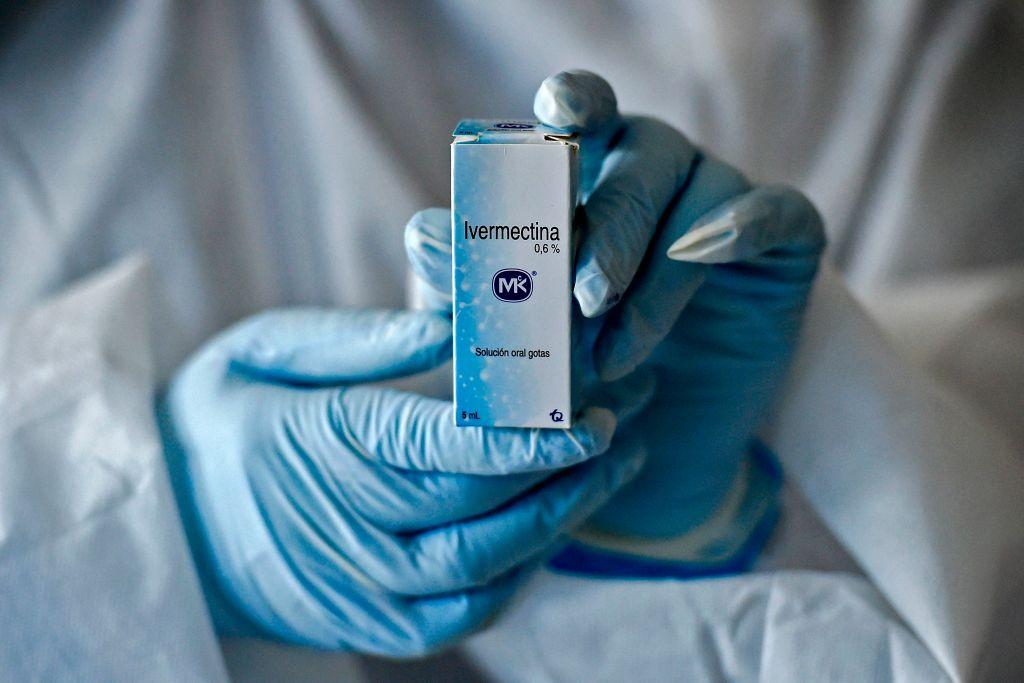South African doctors may now prescribe ivermectin for the treatment of COVID-19 without fear of reprisal or waiting for approval from the South African Health Products Regulatory Authority (SAPHRA), according to a court order on April 6, as the World Health Organization (WHO) advised that the drug be used in a trial only.
The court order ruled that a medical product for human use containing ivermectin “as an active ingredient” had been registered by SAPHRA on March 16, that allowed ivermectin to be compounded, or mixed together with other registered medicines, and “made accessible in accordance with the provisions of Section 14(4) of the Act.”






